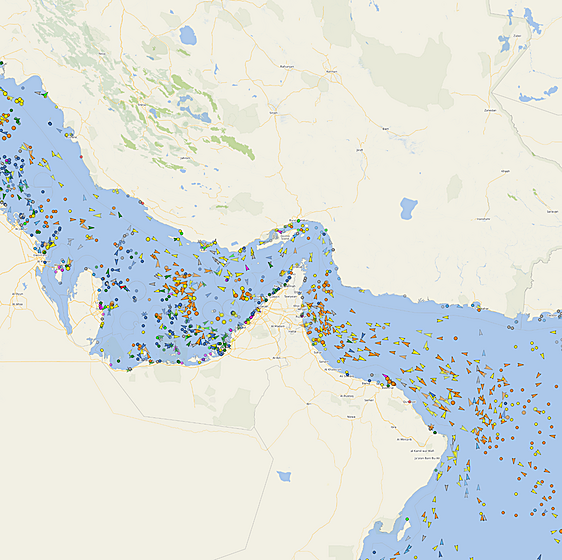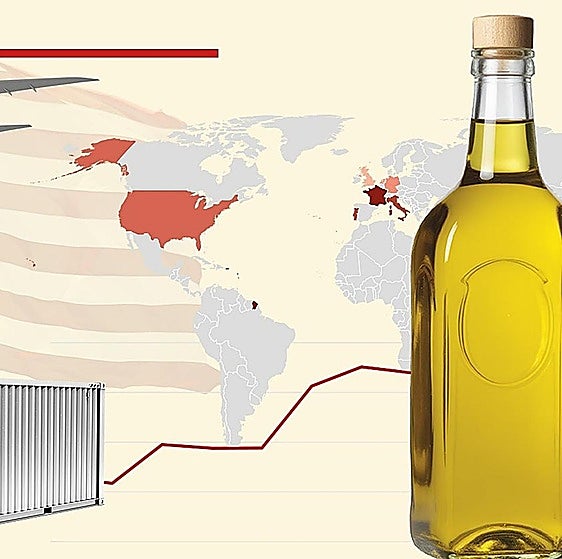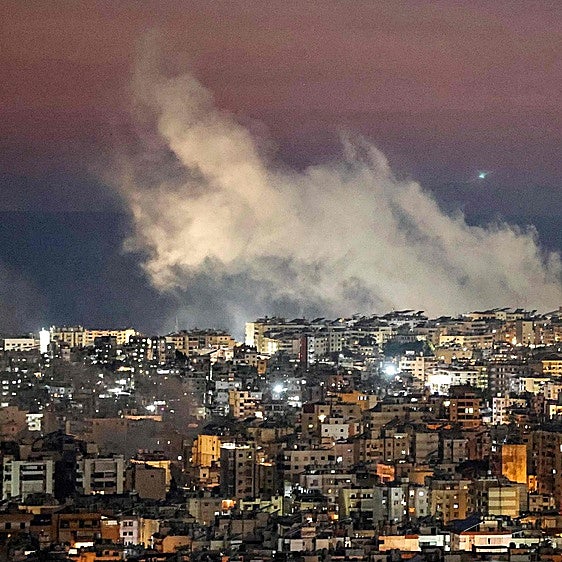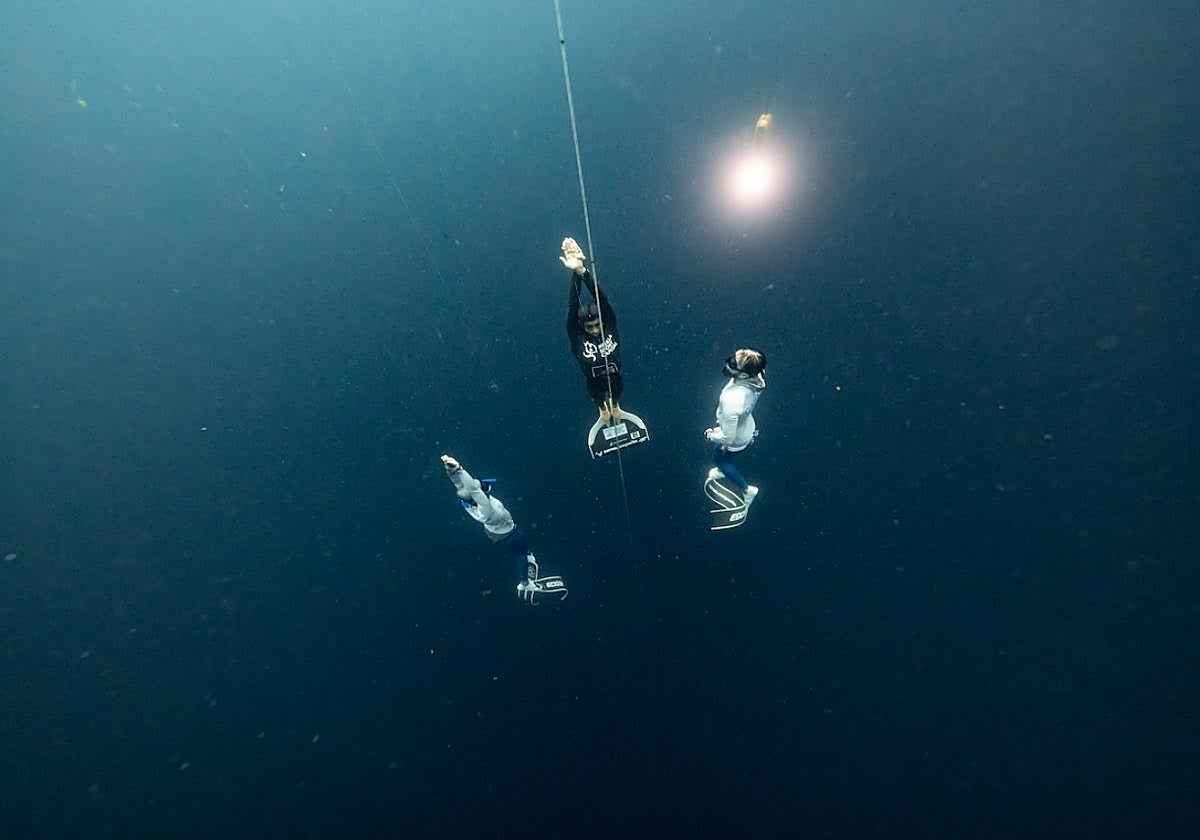Davide Carrera, dancing in the deep waters of the Bahamas
The Nerja-based diving athlete has achieved a 130m descent without oxygen. This new record catapults the 47-year old to 'legend' status in the extreme sport of freediving
Matías Stuber
Friday, 25 August 2023, 17:00
There are only two people in the world who have managed to go down to 130 metres without oxygen. One of them is Davide Carrera, a freediver based in Nerja, where he has found the perfect place, El Playazo beach, to train and prepare for his dives. At 47 years old he has just achieved a record in this extreme sport that is hard to imagine. It is not just about going down 130m: it is doing it with the only momentum coming from a monofin, the well-practised art of remaining inert, and with no more oxygen than that provided by the last breath of air taken on the surface..
The dive, which has set a new record in the freediving world, was carried out by this adopted son of Nerja as part of the Vertical Blue Dive competition. Once a year, the best freedivers from around the world gather in the Bahamas. This gathering is to freediving what the Tour de France is to cycling or Wimbledon to tennis. Participation in this competition is by invitation only.
There are some unique rules to be followed in official freediving trials to avoid any penalty. Firstly the target depth that each diver wishes to reach must be declared the day before, which adds pressure to each dive. Next, upon emerging from the water, several judges check that the diver is fully conscious. Lastly, each diver must hand over the tag requested by the judges - a tag that each has to pick up from the set depth when reached. Just a year ago, Carrera reached 123m in the same competition.
Inhale, pause, exhale, pause, silence, and more silence. One last breath to squeeze the stomach flat, compressing the rib cage for eight seconds, until his lungs fill with oxygen. This is the preparation for each dive by Carrera, who is of Italian origin. "I am very happy with what I have achieved. I am 47 years old and I want to show that age is not a barrier to achieving what one sets out to do", he said in conversation with this newspaper.
When Carrera tries to explain what freediving is, he talks about it as being the most 'natural' type of diving that exists. Nevertheless, he also recognises that from the outside it can be perceived as the most extreme form of diving. It consists of descending to great depths, with no help of any kind, while holding one's breath.
Up to ten metres deep he can be followed by a dedicated, experienced snorkeller. A sports diver, with the appropriate training, up to 40m. At a depth of 70 metres, the water pressure compresses Carrera's lungs to one eighth of the size they would be on the surface. With every metre descended, the heart rate also slows and the blood vessels in the arms and legs narrow.
Holding one's breath causes various reactions in the body. One of them is the increase of carbon dioxide in the blood. At some point in the descent, the natural urge to take in air is activated. Carrera describes it as the onset of a sneeze or a coughing fit. The diaphragm contracts and the brain begins to emit signals that must be controlled. "It is a critical moment, but the mind can be trained to suppress our most animal instincts. Our body can do much more than we think", he said, highlighting the importance of the psychological factor in all this.
Meditation and yoga
Meditation, yoga and healthy eating are part of his other daily habits. Freediving is perceived by outsiders as a more dangerous activity than it really is, points out this Turin native. On each dive he is accompanied by several safety divers. They go down to about 30 metres, once he starts to ascend. This is where the risk is high. Added to the spent oxygen is the difficulty of dealing with decompression. If it's not done right, blacking out is guaranteed. Panic and adrenaline are the arch enemies of freediving.
At 47, Carrera has also had his share of dark moments. He knows what it's like to lose consciousness in the water and to have half his body paralysed. "Accidents happen when you push too hard. It is important to know how to read what your body is telling you", and he admits that his ego could have played a trick or two on him when younger. He now tries for zero risk. The fact that he was accompanied by his son in the Bahamas is also, in some way, a reminder that there is always someone waiting to see him emerge from the depths unscathed.
Controlling one's breath is another key element. Freedivers use a technique known as 'lung packing' (also called buccal pumping and la carpa, an Italian term meaning 'the carp'). Once they have inhaled as much air as possible, they manage to squeeze five more litres into their lungs. When they do this, they resemble a fish gasping on the shore.
If you were to ask Carrera if he wants to try breaking his own record this year, he would nod 'Yes' without a doubt. By then, he'll be 48 years old. That doesn't seem to be a problem for him.



